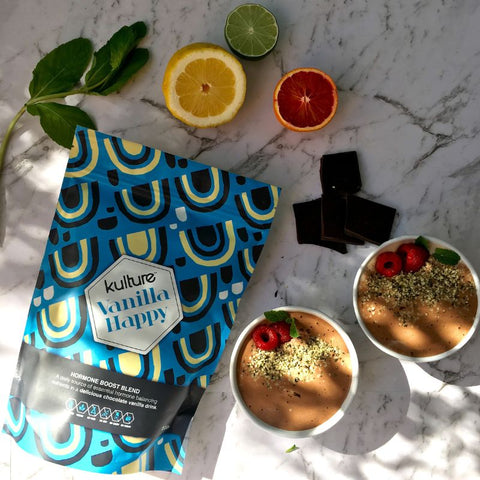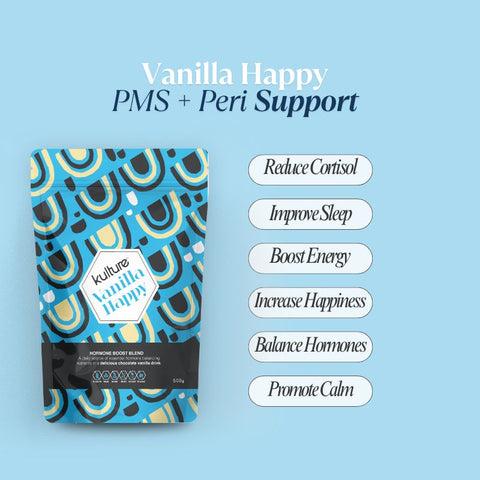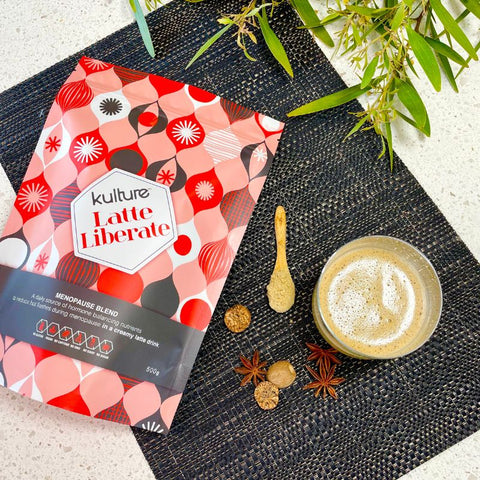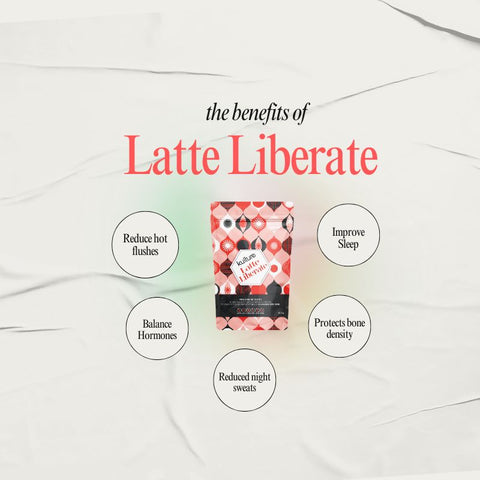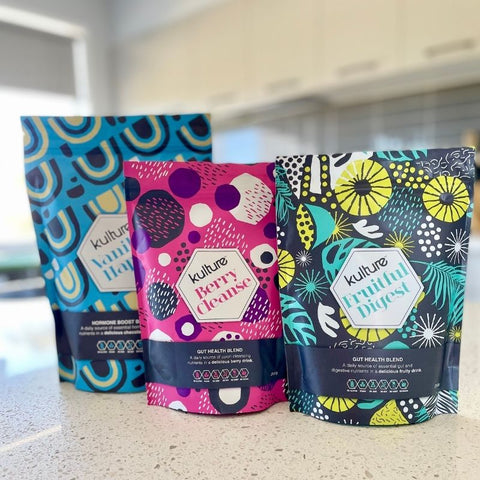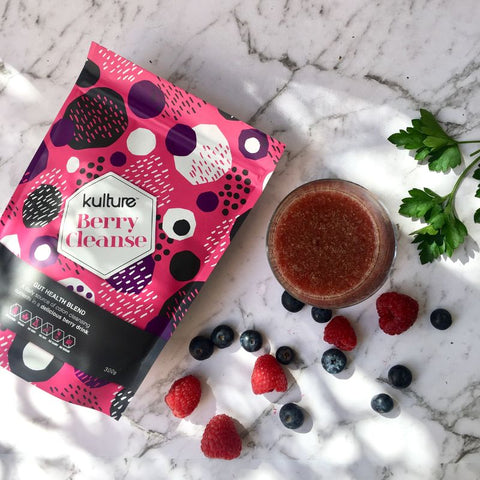Insulin is a hormone - and a very important one at that. Like all other hormones, Insulin is a very special chemical messenger that influences our bodily processes. In a nutshell, Insulin’s most important function is to help us regulate our blood sugar levels. It is a hormone secreted by the pancreas and it acts as a director for how our body uses sugar. It tells our body to either convert glucose into energy (ATP) to be used immediately, or to store it as fat for future use.
When we eat, we ingest nutrients - carbs, fats, protein,vitamins, and minerals. These nutrients get converted into their useful forms and then they get circulate through our blood stream in order to get to their target tissues like the liver, muscle tissues, and adipose tissues.
The Glycemic Index
Some foods get converted into their useful form easily. For example, in carbohydrate rich foods, some foods turn into glucose more easily than others. That’s called a glycemic index. Most veggies turn into glucose more slowly than, lets say, a slice of cake.
Blood sugars
An imbalance of blood sugar can cause all sorts of problems. As soon as our blood sugars spike, the pancreas immediately secrets Insulin to control that spike. When we have too much sugar in our bloodstream it is called Hyperglycemia and too low blood sugar is called Hypoglycemia. Hyperglycemia - or too much blood sugar - has symptoms that can range from the mildly uncomfortable to the life threatening. Hyperglycemia symptoms can include thirst, frequent urination, blurry vision, dizziness, nausea, vomiting, etc.
When we eat too many carbs
Eating too many carbs raises your blood sugar. High blood sugar is toxic (the same is true for having too low blood sugar) and so Insulin is produced in order to regulate your blood sugar levels. However, your body can utilise these sugars (glucose) only a little bit at a time. Those that are not utilised by the body gets stored as fat, which is the other important function of Insulin.
Insulin resistance
The danger is when our bodies become resistant to Insulin. It means that our cells no longer respond to low levels of Insulin in order to burn glucose. But remember that our body needs just a small amount of Insulin to regulate our blood sugar. So, as a response, our bodies produce even more Insulin to drive the message across. And since Insulin is also very efficient at telling our bodies to store energy, it tells our cells that the sugars that are not being used immediately are to be converted and stored as fat for later use.




